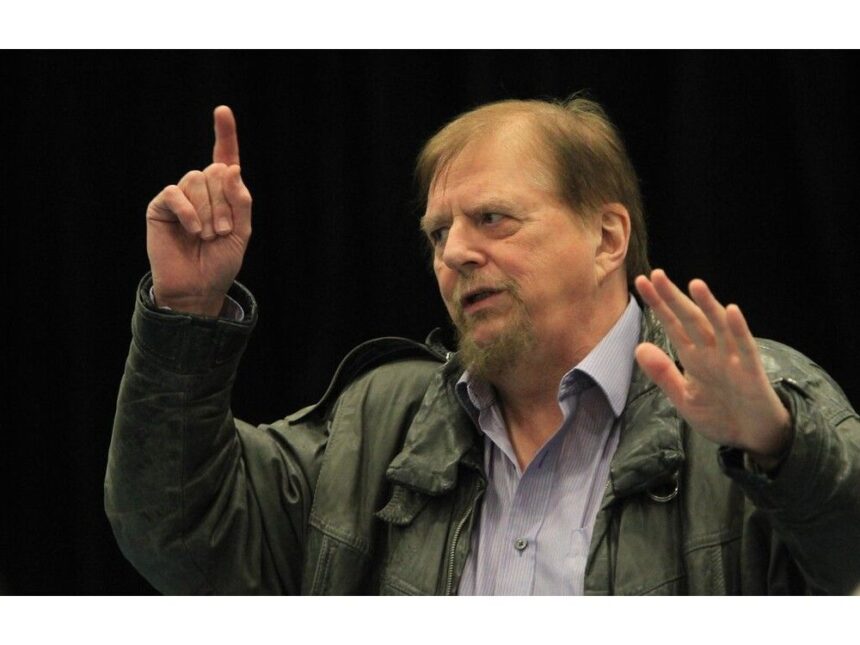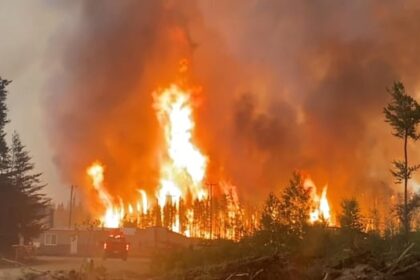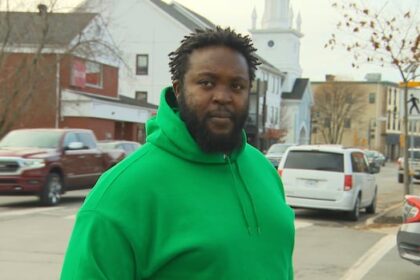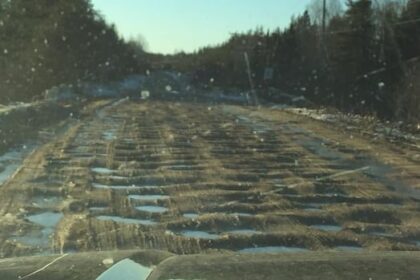FOR NEWS STORY: Journalist, historian, broadcaster and author, Gwynne Dyer gestures while giving his ‘Climate Wars’ lecture at a Armbrae Academy in Halifax Monday February 10, 2014. Dyer spoke in plain terms about his two-year research journey into the world of climate change. TIM KROCHAK/Staff Photo by Tim Krochak /StaffArticle contentThe ceasefire in Gaza, however shaky, is freeing up some bandwidth for the world’s media to fret about other ongoing massacres, and UN Secretary General António Guterres wasted no time in turning the spotlight on Sudan. “The horrifying crisis in Sudan … is spiraling out of control,” he said on Monday (Nov. 3) – but he didn’t explain why.THIS CONTENT IS RESERVED FOR SUBSCRIBERS ONLY.Subscribe now to access this story and more:Unlimited access to the website and appExclusive access to premium content, newsletters and podcastsFull access to the e-Edition app, an electronic replica of the print edition that you can share, download and comment onEnjoy insights and behind-the-scenes analysis from our award-winning journalistsSupport local journalists and the next generation of journalistsSUBSCRIBE TO UNLOCK MORE ARTICLES.Subscribe or sign in to your account to continue your reading experience.Unlimited access to the website and appExclusive access to premium content, newsletters and podcastsFull access to the e-Edition app, an electronic replica of the print edition that you can share, download and comment onEnjoy insights and behind-the-scenes analysis from our award-winning journalistsSupport local journalists and the next generation of journalistsRegister to unlock more articles.Create an account or sign in to continue your reading experience.Access additional stories every monthShare your thoughts and join the conversation in our commenting communityGet email updates from your favourite authorsSign In or Create an AccountorArticle contentThe biggest city in western Sudan, El Fasher, swollen to half a million or more by minority ethnic groups fleeing genocide, fell to rebel forces at the end of October after a two-year siege. The killing has been non-stop since then. It’s the worst massacre yet in a civil war that has already killed 150,000 people and made one-third of the population refugees.Article contentArticle contentArticle contentSudan has never really had a government worthy of respect. Only two years after it got independence in 1956 it had its first military coup, and in 1962 the mainly Christian population in the south began a long rebellion against the ruling Muslim elite in the north.Article contentHalf a dozen military coups and several civil wars later a much smaller Sudan (having finally let South Sudan secede and toppled a brutal thirty-year dictatorship) embarked on a brave experiment in civilian democratic rule in 2019. It lasted for almost two years before the military seized power again.Article contentCIVIL WARArticle contentThe civil war began in 2023, when the two leading figures split over who was going to run the military regime. The obvious choice was the head of the Sudanese Armed Forces (SAF), General Abdul Fattah al-Burhan. His rival was General Mohamed Hamdan Dagolo, also known as Hemedti, who had led a genocidal paramilitary group known as the Janjaweed.Article contentArticle contentHemedti should have been the underdog. The former dictator, Omar al-Bashir, created the Janjaweed as a counterweight to the regular army, but in the early days it was mostly a camel-mounted militia massacring non-Arab tribes in Sudan’s desert west.Article contentArticle contentIn recent years the Janjaweed has grown into a well-equipped military organisation called the Rapid Support Force (RSF), but it should have been beaten easily by the regular army (SAF) once the split happened. How did it grow into a force that controls the whole western half of the country?Article contentThe short answer is ‘gold.’ The World Gold Council credits Sudan with 74 tons of legal gold exports in 2024, but much more – perhaps twice as much – comes from illegal ‘artisanal’ gold mines in RSF-controlled Darfur in western Sudan. Ninety percent of it ends up in the United Arab Emirates (UAE), where it is re-melted, re-branded and sold onwards.
GWYNNE DYER: Another day, another massacre











